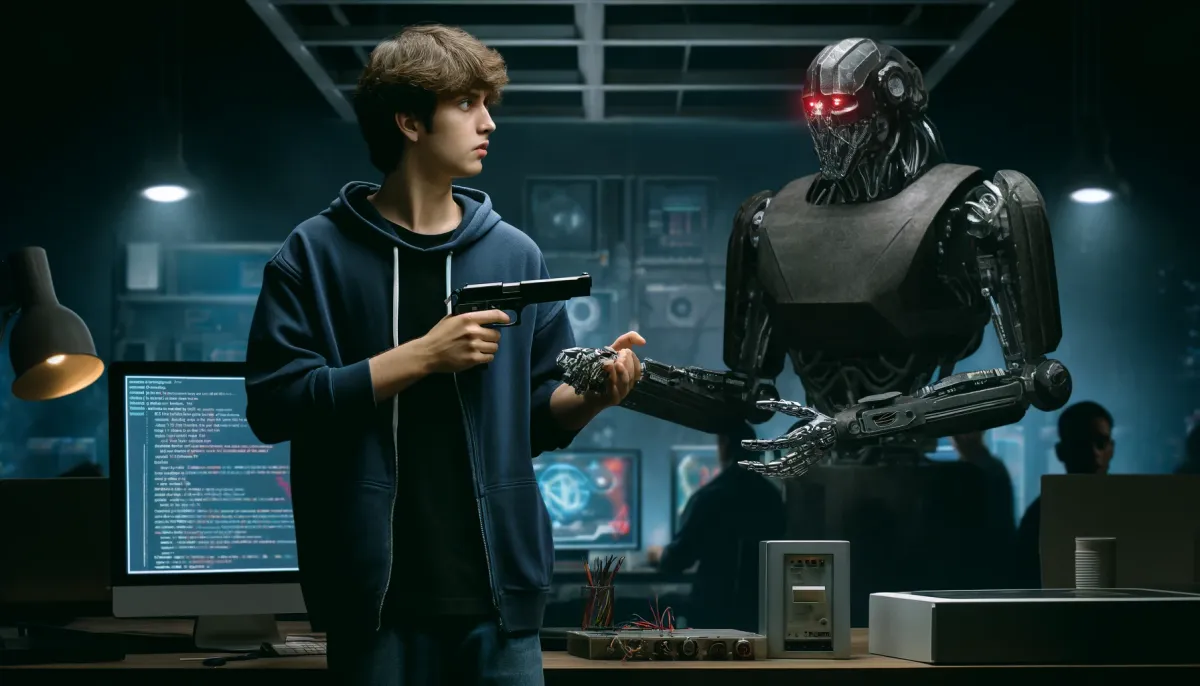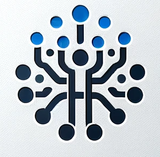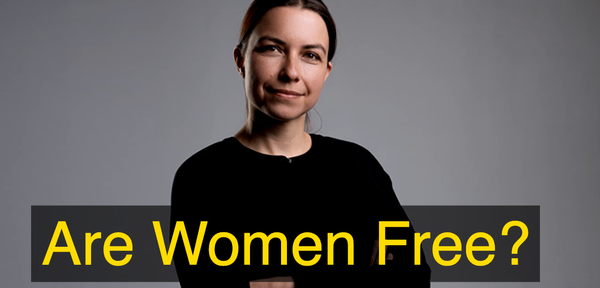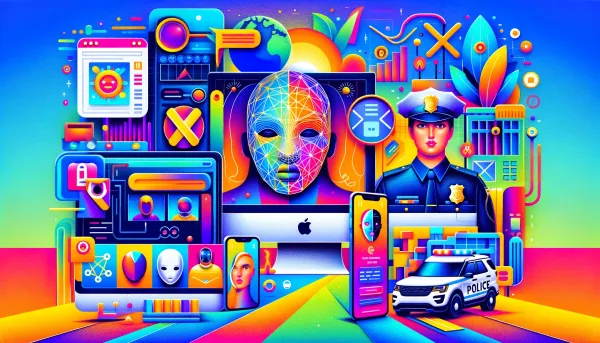OpenAI Whistleblowers Warn of Reckless AI Development Practices
Whistleblowers Warn of OpenAI's Dangerous AI Race: Current and former OpenAI employees are blowing the whistle on the company's prioritization of profits over safety, urging for greater transparency and protections for whistleblowers.

Ladies and gentlemen, let's delve into the tangled web of the San Francisco-based artificial intelligence powerhouse, OpenAI, where a cadre of insiders is sounding the alarm on what they perceive as a hazardous and secretive culture.
This motley crew, comprising nine current and former employees, has recently coalesced around a shared anxiety that the company isn't doing enough to prevent its A.I. systems from spiraling out of control. They allege that OpenAI, which launched into the public consciousness with the 2022 debut of ChatGPT, is prioritizing profit and expansion in its feverish pursuit of artificial general intelligence (AGI) — that elusive goal of creating a machine with human-like capabilities.

What is AGI?
Artificial General Intelligence (AGI) refers to a type of artificial intelligence that possesses the ability to understand, learn, and apply knowledge across a wide range of tasks at a human-like level. Unlike narrow AI, which is designed for specific tasks, AGI aims to perform any intellectual task that a human can. The development of AGI involves creating systems with advanced reasoning, problem-solving skills, and adaptability.
These whistleblowers claim that OpenAI employs aggressive tactics to silence dissenting voices within its ranks, such as restrictive nondisparagement agreements thrust upon departing staff.
"OpenAI is giddy with the prospect of building AGI, recklessly racing to be the first," declared Daniel Kokotajlo, a former researcher in OpenAI’s governance division and one of the ringleaders of this discontented faction.
On Tuesday, this group issued an open letter, urging A.I. juggernauts, including OpenAI, to foster greater transparency and enhance protections for whistleblowers. Among them are William Saunders, a research engineer who left OpenAI in February, and three other ex-employees: Carroll Wainwright, Jacob Hilton, and Daniel Ziegler. Fearing retaliation, several current employees anonymously backed the letter, according to Kokotajlo. Even one current and one former employee from Google DeepMind lent their signatures.
Responding to the uproar, OpenAI's spokeswoman Lindsey Held asserted,
“We pride ourselves on delivering the most capable and safest A.I. systems. We value rigorous debate and will continue engaging with governments, civil society, and other communities worldwide.”
The timing of this internal revolt is less than ideal for OpenAI, which is still licking its wounds from a failed coup last year when the board attempted to oust CEO Sam Altman over transparency concerns. Altman was reinstated within days, and the board was reshuffled.

To compound matters, OpenAI is embroiled in legal skirmishes with content creators including the New York Times accusing it of appropriating copyrighted works for training its models, and its recent launch of a hyper-realistic voice assistant led to a public dispute with actress Scarlett Johansson, who accused the company of mimicking her voice without permission.

But the most damning accusation remains that OpenAI has been dangerously nonchalant about safety. Just last month, two senior researchers, Ilya Sutskever and Jan Leike, departed under a cloud. Sutskever, a board member who voted to sack Altman, had flagged significant risks with powerful A.I. systems. His exit was a blow to employees concerned with safety.
Leike, who co-led OpenAI’s “superalignment” team, echoed similar sentiments, criticizing the company’s shift from safety to product development. Neither he nor Sutskever signed the open letter, but their departures ignited further dissent.
“When I joined OpenAI, I didn't sign up for a 'let's launch and see' attitude,”
Saunders lamented.
Many of the dissidents are linked to effective altruism, a movement focused on averting existential threats from A.I. Critics, however, accuse them of fear-mongering.
Kokotajlo, who joined OpenAI in 2022, initially predicted AGI by 2050. But witnessing rapid advancements, he now fears AGI might arrive by 2027, with a staggering 70% chance of catastrophic harm to humanity.
At OpenAI, despite safety protocols, Kokotajlo saw little impact. He cited an incident where Microsoft allegedly tested a new Bing search engine version with a pre-release GPT-4 without the safety board’s nod. Microsoft disputes this, claiming it never used GPT-4 in those tests.
Frustrated, Kokotajlo urged Altman to prioritize safety over progress. Dissatisfied with the response, he quit in April, sacrificing $1.7 million in vested equity to avoid signing a non-disparagement clause.
In their open letter, the group demands an end to such agreements and advocates for open criticism and anonymous safety reporting. They have enlisted pro bono legal support from Lawrence Lessig, who emphasizes the need for open discourse on A.I. risks.
OpenAI maintains it has mechanisms for employees to voice concerns, but the group remains skeptical, calling for legislative oversight to ensure a democratically accountable governance structure over the industry's breakneck competition.
In conclusion, while OpenAI charts its course towards technological marvels, the echoing cries for caution and accountability grow ever louder. The stakes, as they say, could not be higher.




